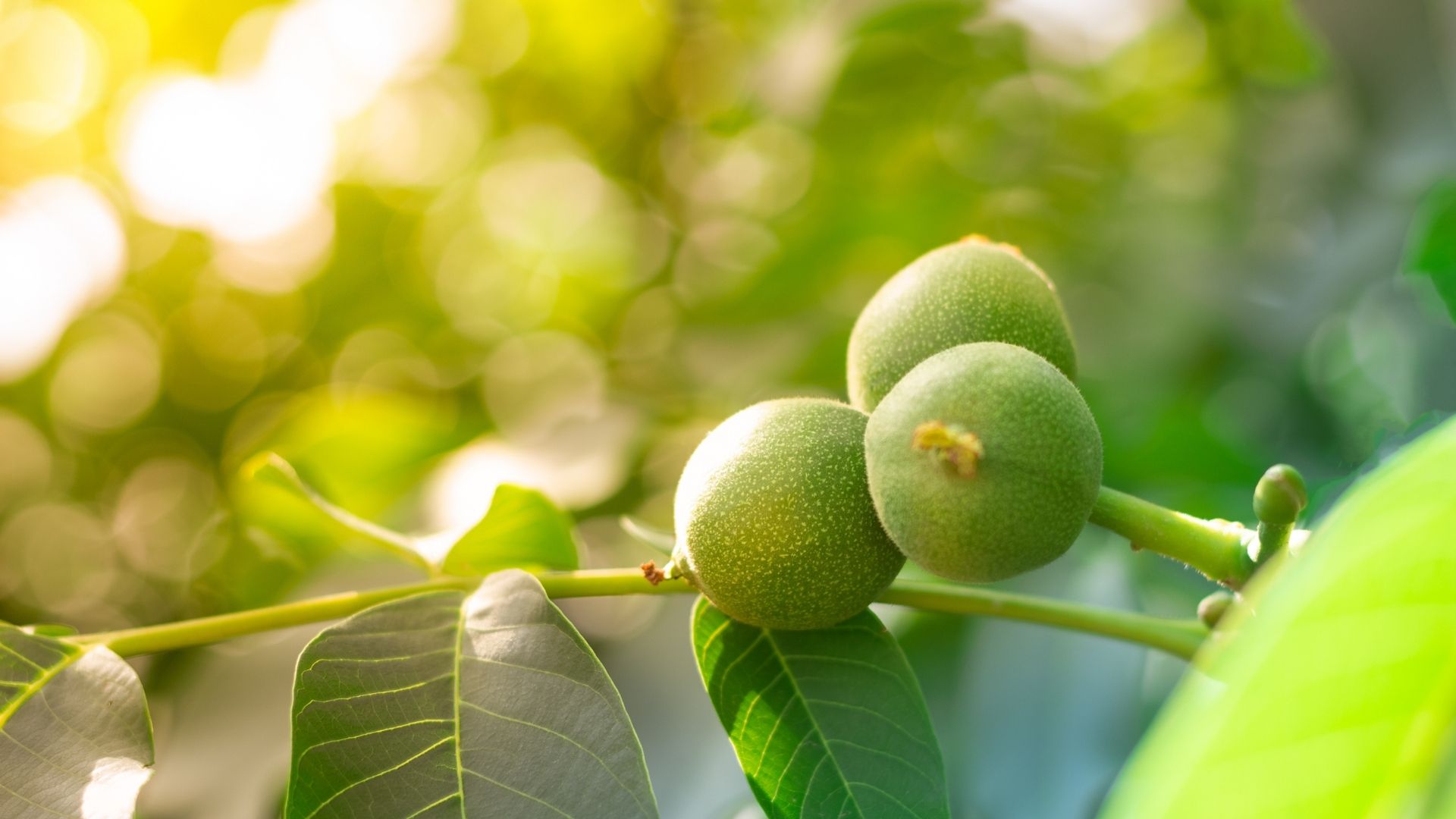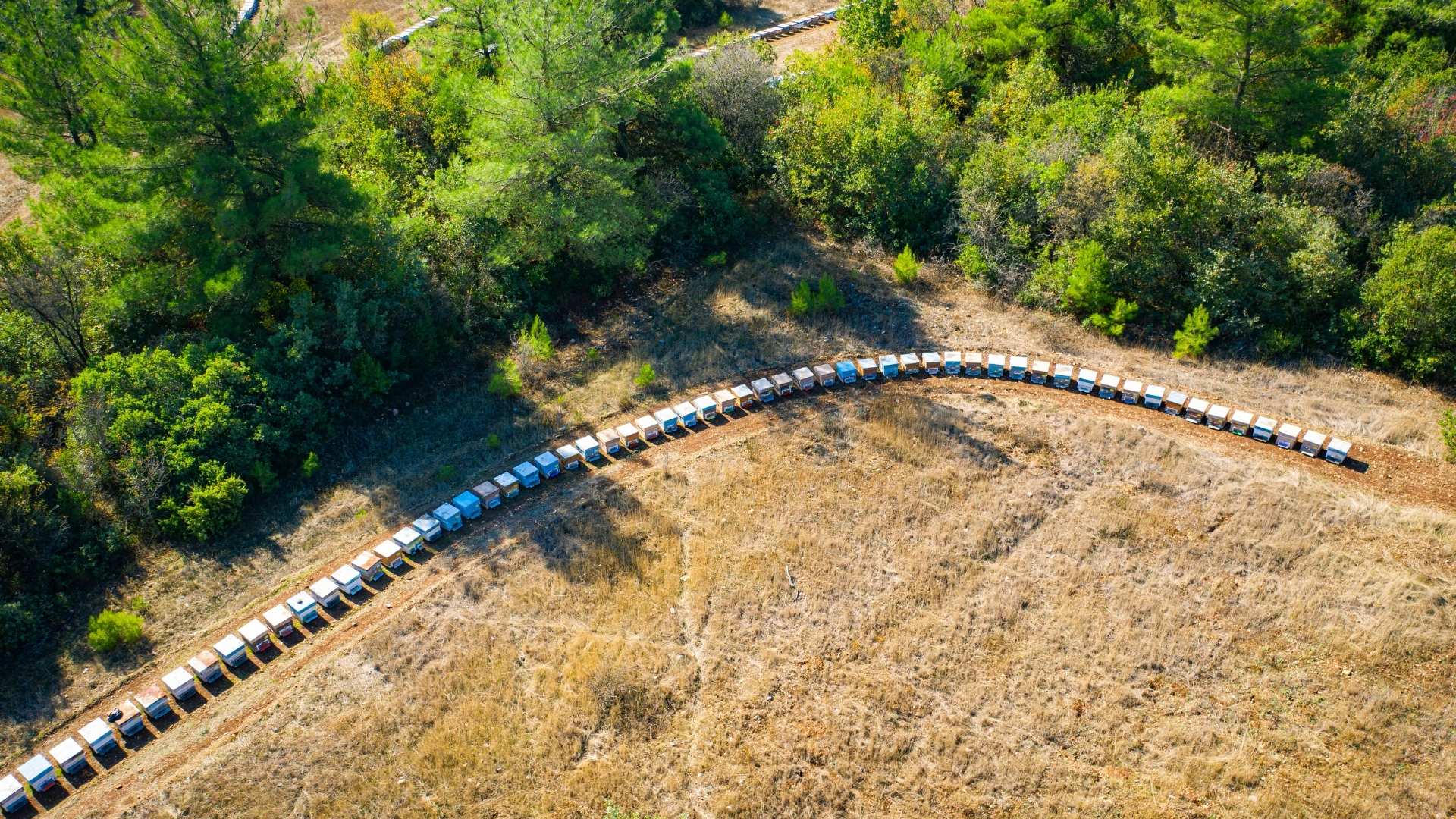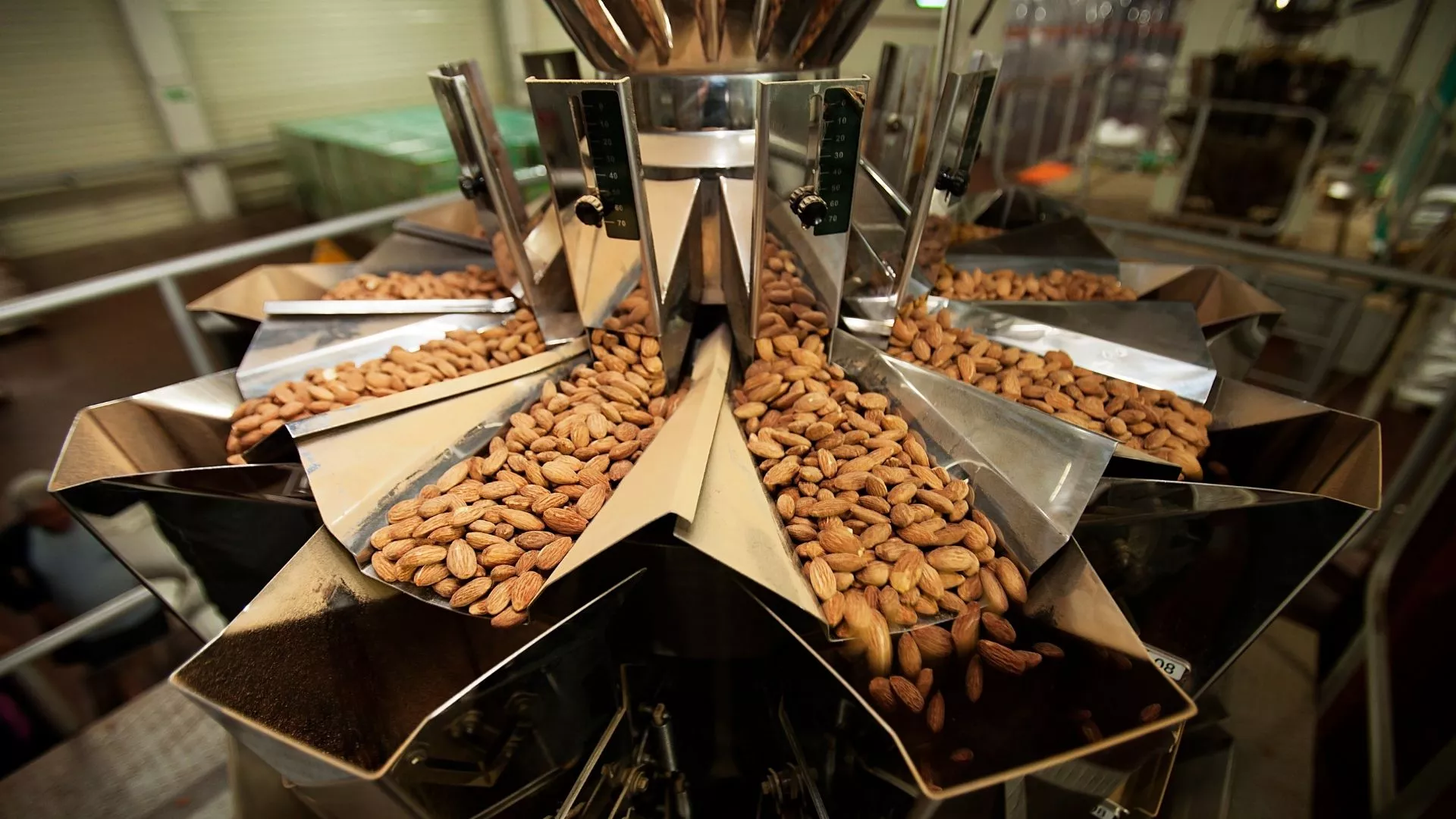
Which Nuts Are the Most Environmentally Friendly: A Sustainable Guide
Nuts Are the Most Environmentally Friendly-Spain Almond Processing Factory Farmland Agriculture4 Nuts, a delectable and nutritious snack, are a treat for your taste buds and a sustainable food choice. The global demand for these nutrient-dense, protein-packed snacks is rising, driving a staggering 65% increase in tree nut production over the past decade. This upward trend is set to continue, with nuts maintaining a consistent yearly growth rate of $1.77 billion. However, regarding environmental impact, not all nuts are created equal. Some stand out for their eco-friendly qualities. Let’s delve into which nuts are the most environmentally friendly and why. As consumers, we have the power to shape the food industry and its environmental impact. Nuts and other plant-based proteins require less intensive farming than their animal-based counterparts, making them a more sustainable choice. We can actively reduce our carbon footprint by opting for more plant-based proteins like nuts. While nuts generally have a lower carbon footprint than animal-based products, their sustainability varies. Tree nuts, like walnuts, have a lower carbon footprint per 100g protein due to trees absorbing carbon. However, the sustainability of tree nuts varies among different types. This is where our choices can make a real impact. Walnuts are one of the most environmentally friendly nuts due to their relatively low carbon footprint compared to other nuts. Producing 1 pound of walnuts requires 4,209 liters of water. They require less water to grow, making them a more sustainable option, especially in regions where water is scarce. Additionally, walnut trees can help improve soil health and biodiversity. Walnut production is generally sustainable and does not cause harm to air, soil, water, or animals unless pesticides are used. Regarding ethics, walnuts do not have significant issues compared to other nuts grown in underdeveloped areas. Producing 1 pound of pistachios requires 5,155 liters of water, making them one of the most water-intensive nuts; however, they are relatively water-efficient compared to almonds and cashews. They are often grown in California, where water conservation is crucial. Despite their high water usage, pistachios have a lower carbon footprint than many other nuts, making them a more environmentally friendly choice. When grown without pesticides, they do not pose known harm to soil, air, water, or animals. Pistachios from sustainably managed orchards are produced with minimal environmental impact. Producing 1 pound of hazelnuts requires 4,769 liters of water, and they have a medium carbon footprint. Turkey produces the majority of hazelnuts, accounting for around 70% of the global production. Hazelnuts are another environmentally friendly nut, requiring fewer resources like water and fertilizer than other nuts. They are also well-suited to agroforestry systems, where they can be grown alongside other crops, promoting biodiversity and soil health. Pecans have a lower carbon footprint compared to almonds and cashew nuts. They are native to North America, making them well-adapted to the region’s climate and reducing the need for irrigation. Choosing pecans from sustainable sources can further enhance their environmental benefits. Brazil nuts are cultivated from wild trees in the Amazon rainforest, making them a natural and sustainable product. According to waterfootprint.org, Brazil nuts have the lowest water footprint among the nuts listed. When grown without pesticides, they do not pose known harm to air, land, soil, or water. However, the work is often ethically challenging, with low pay and strenuous conditions, including long hours in the sun. By purchasing Brazil nuts from certified sources, you can support forest conservation and sustainable harvesting practices in the Amazon. Investing in tree nuts, such as walnuts, can be a compelling option for several reasons: Overall, investing in tree nuts can be a strategic choice for investors looking for long-term, sustainable, and potentially profitable opportunities in the agricultural sector. Invest in Environmentally Friendly Nuts Our investment model offers you the opportunity to contribute to this sustainable vision. By working with us, you contribute to a greener world and enhanced biodiversity for all living creatures. Contact us to learn more about our brands and professionally managed farmlands. When choosing which agricultural commodity to invest in, consider which nuts are the most environmentally friendly, decreasing your carbon footprint and promoting sustainable practices. Walnut cropland is an excellent safe-haven asset for your portfolio owing to its historically low volatility, great returns, and little correlation to other asset types. We at Invest4Land make agricultural investments in Turkey’s walnut farms accessible. So contact our team now to invest in one of the most environmentally friendly nuts.The Importance of Environmentally Friendly Commodities
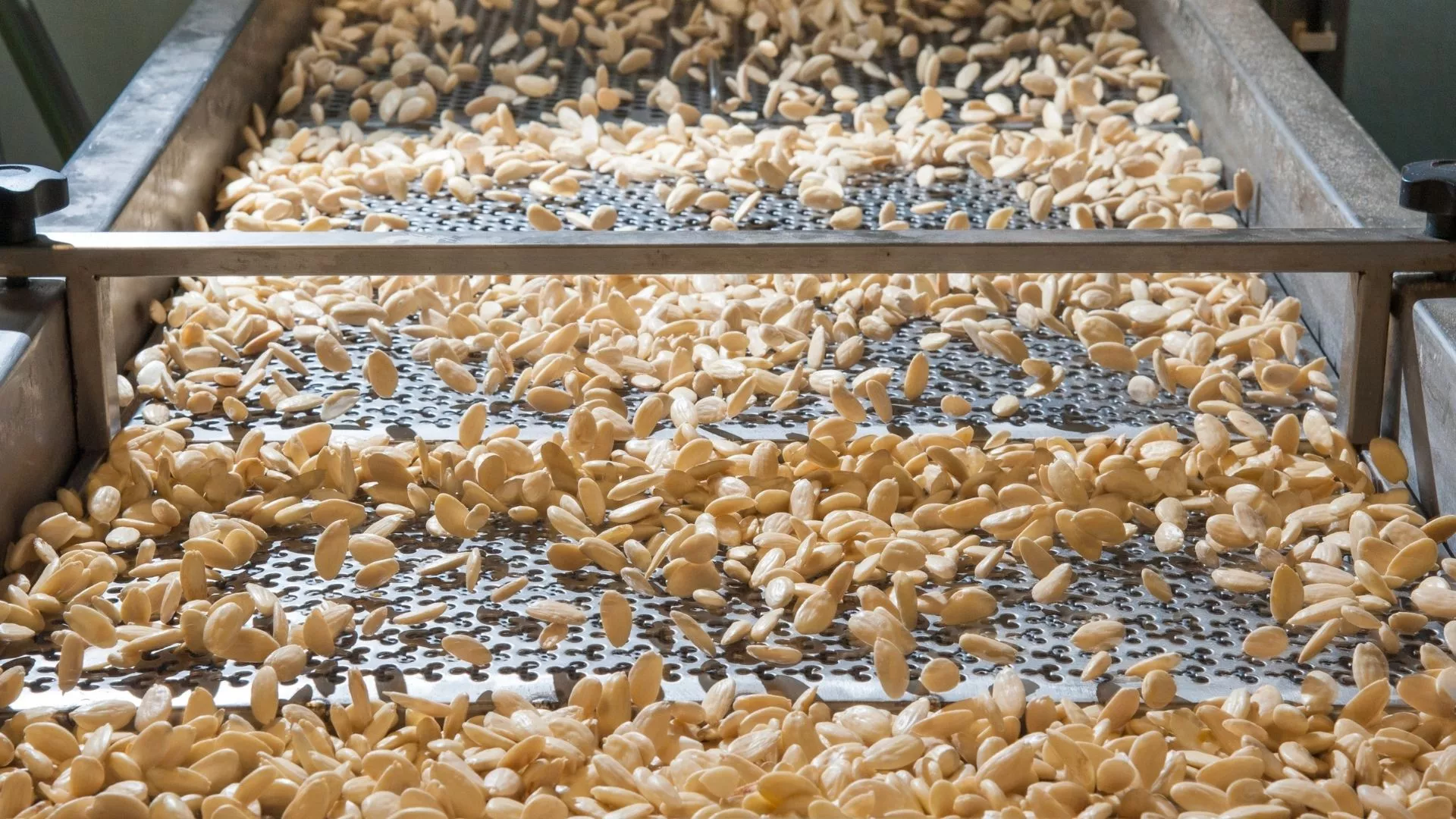
Most Environmentally Friendly Nuts
1. Walnuts
2. Pistachios
3. Hazelnuts
4. Pecans
5. Brazil Nuts
Benefits of Investing in Tree Nuts
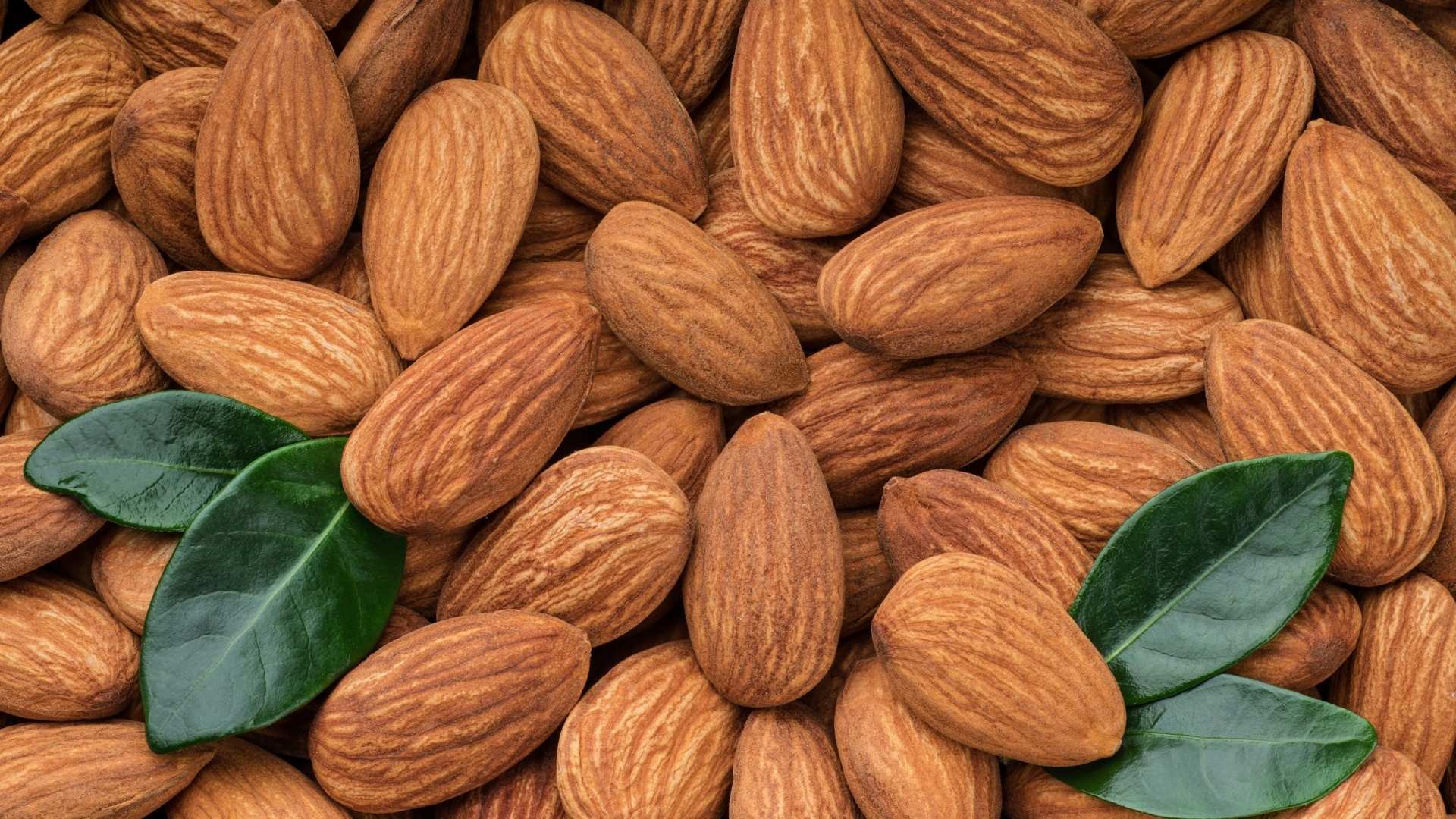
At Invest4land, we embrace the challenges and opportunities of modern agriculture. Our sustainable and efficient farming practices are designed to meet future needs. We focus on the benefits of modern agriculture to ensure the highest-quality end products. Turkey is a primary location for our agricultural efforts, and we focus on producing walnuts, almonds, olives, and lavender.Time to Get Nutty


